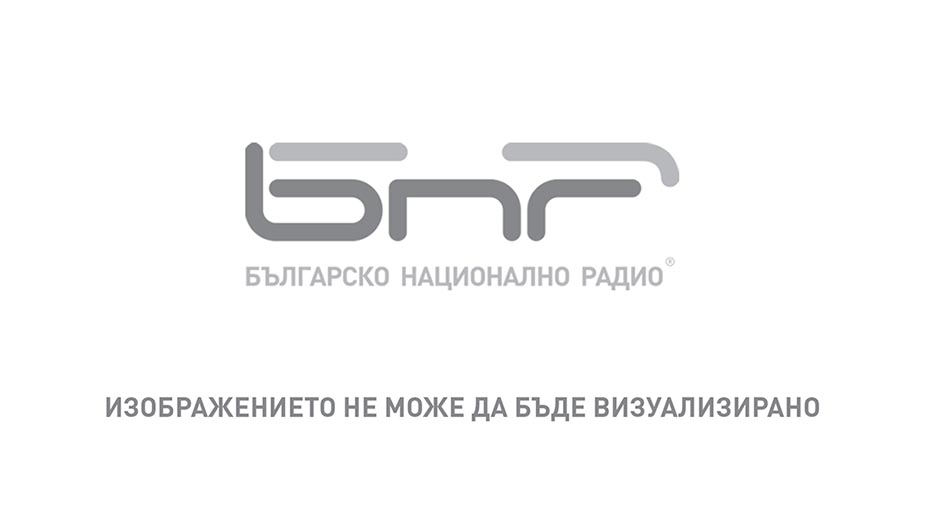
We need to reach the depths and find out how the Universe emerged and how we exist, using physics, said CERN Director General Professor Rolf-Dieter Heuer, at the opening of an exhibition at the Earth and Man National Museum in Sofia, dedicated to the 60th anniversary of the European Organization for Nuclear Research /CERN / and the 15th anniversary of the full membership of Bulgaria in it. Recently, the world’s largest particle physics laboratory set a Guinness record with its discovery of the Higgs boson or the “God particle” in 2012. Without sounding immodest, we should mention the role of the Bulgarian science in the attempts to unravel the mysteries of the universe. Bulgaria has been actively participating in the preparation and implementation of one of the two large experiments at CERN - the Compact Muon Solenoid (CMS) since its establishment in 1991. Bulgarian physicists and engineers have a significant contribution to the construction of the particle detector. Bulgaria officially became a full-time member of the prestigious scientific organization on June 11, 1999. Currently, 120 Bulgarian scientists and PhD students do research work in CERN.
In addition to a number of scientists Bulgaria has sent to CERN over 255 high school teachers. They had the opportunity to participate in week-long trainings in specialized laboratories of the center. This is possible thanks to the training program for teachers of physics and astronomy at the European Centre for Nuclear Research, organized and funded by the Ministry of Education. Teachers who took part in the program later showed CERN to over 2,000 Bulgarian students.
"The idea is to use an accelerator that was developed by CERN and train people to work with it, says associate professor Litov. It will be a regional center. It surpasses the needs of Bulgaria, but would serve the entire Balkan Peninsula. It can treat about 1,500 people. More importantly, it is scientific infrastructure that will bring our country very quickly to the forefront in the world in several areas, not just oncology, but also radiobiology, particle accelerator technology, but also in the development of detectors for nuclear applications in medicine i.e. diagnostic instruments. "
Construction of the center will take about seven years and will total about 150 million euro. In order for this to happen, however, a political decision is needed as well as negotiations with the European Commission for funding through the European Structural Funds. "Currently, Bulgarians pays 50,000 euro for such treatment abroad. If we built such a center, the price of treatment could be around € 15,000 for Bulgarian patients.
The audio file contains what Prof. Rolf-Dieter Heuer told Radio Bulgaria about the Bulgarian contribution.
English: Alexander Markov
The usurpation of cultural heritage is one of the many inevitable consequences of any military conflict, both historically and today. Until the end of the war in Ukraine, it is impossible to adequately analyse the extent of the damage caused to the..
Athens plans to modernise the Greek army by 2030 Greece's Defence Minister Nikos Dendias presented the plan for changes in the army to the parties in parliament. The reforms will cover all three branches of the military. By 2030, 33 units..
A short video kaleidoscope of the "untold stories" of worthy Bulgarians - scientists, entrepreneurs, engineers, artists - who have contributed to our country's good image in the eyes of the world opened an unconventional public forum that showcased the..
For the 30th consecutive year, the Bulgarian Posts organize a contest for the most beautiful letter to Santa Claus. Letters must be sent by 18..

+359 2 9336 661
